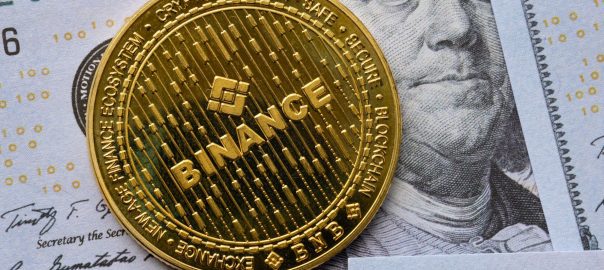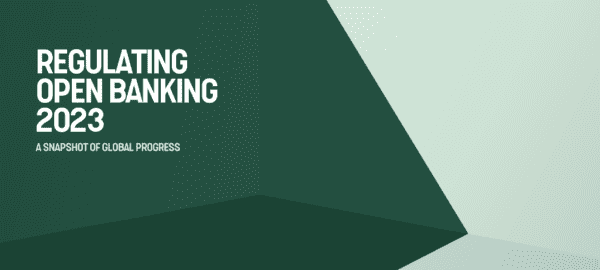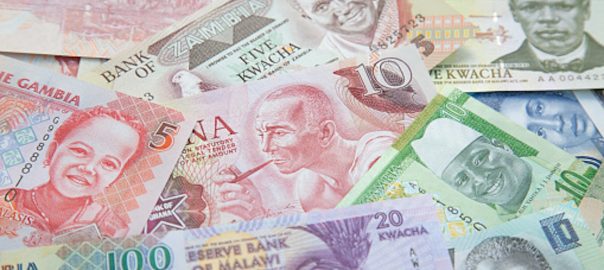June 20, 2023 /Business/ — Africa is the second-most populous continent in the world, with over 1.3 billion people. The continent’s economy is also growing rapidly, with an average annual growth rate of 5.5%. This means that there is a huge potential market for African startups. Africa is a continent with a lot of diversity, both in terms of its people and its economies. This can present both challenges and opportunities for businesses. However, the opportunities are significant, and there are a number of government initiatives in place to support innovation. Continue reading
Tag Archives: Money
US regulators continue crypto crackdown – but here’s why the latest charges are different
Andrew Urquhart, University of Reading
The US Securities and Exchange Commission (SEC) sued the cryptocurrency platform Coinbase shortly after launching a lawsuit against the world’s largest cryptocurrency exchange, Binance.
This isn’t the first time Binance and Coinbase have caught the SEC’s attention – it’s not even the first time this year. But the latest charges are much more serious, including accusations that the exchanges are operating without the correct registration.
Flutterwave and Token.io Team Up to Provide Pay By Bank Transfer to Users in UK and EU
Flutterwave, Africa’s leading payments technology company, has collaborated with Token.io, Europe’s leading account-to-account (A2A) payment infrastructure provider, to power Pay By Bank transfer capabilities for Flutterwave’s platform. The announcement was made today at the Money20/20 Europe fintech conference in Amsterdam. Continue reading
Does XRP really have a future? Advise to XRP hodlers
LONDON, May 2, 2023 /Finance/ — Whether or not you should hold on to XRP is a decision that only you can make. You should consider your own financial situation, risk tolerance, and investment goals before making a decision. Continue reading
The current state of open banking regulation around the world.
April 25, 2023 /Finance/ — Open banking is a financial services term for the practice of allowing third-party financial service providers to access customer data held by other financial institutions, through the use of application programming interfaces (APIs). The goal of open banking is to promote innovation and competition in the financial services industry by giving consumers more choices and control over their financial data. Continue reading
Square Software Turns Android Devices Into Powerful Payment Technology
SAN FRANCISCO–(BUSINESS WIRE)–Square today launched Tap to Pay on Android for sellers across the U.S., Australia, Ireland, France, Spain, and the United Kingdom. The new technology empowers sellers to securely accept contactless payments with a compatible Android device, and at no additional cost.
Continue reading
The National Pension Scheme Authority (NAPSA) of Zambia allows partial pension withdrawals
April 18, 2023 /Finance/ — The law allows NAPSA beneficiaries to withdraw a portion of their pension savings before they reach retirement age. The amount that can be withdrawn is limited to 50% of the accumulated savings, and the withdrawal can be made in installments over a period of up to 10 years.
To qualify for partial pension withdrawal, beneficiaries must meet the following criteria: Continue reading
Debt dangers in Africa: how defaults hurt people, and why forgiveness isn’t the answer
Philippe Burger, University of the Free State
Public debt repayments in some African countries are at their highest levels since 1998. The Conversation Africa’s founding editor Caroline Southey talks to dean and economics professor Philippe Burger about the danger of debt problems some African countries face.
Future of the dollar, as oil deals are increasingly done in other currencies
April 17, 2023 /Economy/ — The future of the dollar as the world’s reserve currency is uncertain. The dollar has been the world’s reserve currency for over 70 years, but there is a growing trend of countries using other currencies for oil deals. This trend is being driven by a number of factors, including the rise of China and other emerging economies, the increasing volatility of the dollar, and the desire of some countries to reduce their reliance on the United States.
Continue reading
What is in Zambia’s debt restructuring proposal sent bondholders?
April 16, 2023 /Finance/ — If Zambia’s debt restructuring proposal is successful, it will help to improve the country’s economic outlook and create a more stable environment for businesses and investors. This will ultimately benefit the Zambian people by creating jobs, improving infrastructure, and providing access to basic services.
It is important to note that there are a number of risks associated with Zambia’s debt restructuring proposal. If the proposal is not successful, it could lead to a further deterioration in Zambia’s economy and could potentially lead to a default on Zambia’s debt.
Zambia sent a debt restructuring proposal to bondholders on April 14, 2023. The proposal includes the following key points: Continue reading










